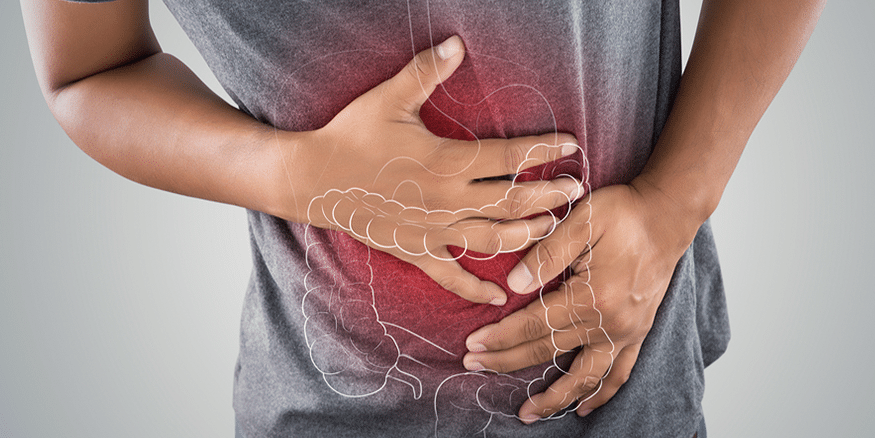Chronic Constipation: What To Eat, What To Avoid, And When To Take Probiotics
- Mr Steady Natural Health

- Apr 27
- 2 min read
Chronic constipation is a common digestive issue that affects millions of people worldwide.
It can lead to discomfort, bloating, and even more serious health problems if not managed properly.
Understanding the right dietary choices and when to use probiotics can help ease symptoms and promote better gut health. Here’s what you need to know:

What To Eat For Chronic Constipation
Fiber-Rich Foods: Incorporating more fiber into your diet is one of the best ways to combat constipation.
Foods such as whole grains, fruits (like apples, pears, and berries), vegetables (such as spinach, kale, and carrots),
and legumes (beans, lentils) are excellent sources of soluble and insoluble fiber, which help add bulk to stool and facilitate bowel movement.
Water: Staying hydrated is crucial for digestive health. Drinking enough water helps soften stool, making it easier to pass.
Aim to drink at least 8 cups of water a day, and consider adding herbal teas like peppermint or ginger, which can soothe your digestive system.
Healthy Fats: Healthy fats, such as those found in avocados, nuts, seeds, and olive oil, can help lubricate your intestines and support regular bowel movements.
Probiotic-Rich Foods: Foods like yogurt, kefir, kimchi, sauerkraut, and kombucha contain beneficial bacteria that can promote a healthy gut microbiome, potentially easing constipation symptoms over time.
What To Avoid For Chronic Constipation
Processed Foods: Foods high in sugar, unhealthy fats, and refined grains (like white bread, pastries, and fast food) can slow down digestion and contribute to constipation.
These foods tend to lack the fiber necessary for healthy bowel movements.
Dairy: Some individuals find that dairy products, particularly cheese and milk, can exacerbate constipation. If you notice that dairy worsens your symptoms, consider limiting your intake or opting for lactose-free alternatives.
Caffeine and Alcohol: While caffeine can sometimes stimulate bowel movements, excessive consumption can lead to dehydration, which can worsen constipation. Alcohol can have similar effects, so it's best to consume both in moderation.
Red Meat: Red meat is often low in fiber and can be harder for your digestive system to process, leading to sluggish bowel movements.
When to Take Probiotics
Probiotics are beneficial bacteria that support gut health and can aid in managing chronic constipation.
Probiotic supplements or foods with live cultures can restore the balance of bacteria in your intestines, improving digestion and regularity.
Probiotic Supplements: If you have persistent constipation, you may benefit from a probiotic supplement containing strains like Bifidobacterium or Lactobacillus.
These probiotics can help regulate bowel movements and improve overall gut function.
When to Take Them: Take probiotics with food to enhance absorption. It’s best to take them consistently, as their effects can take time to become noticeable.
If you experience any discomfort when starting probiotics, consider starting with a lower dose and gradually increasing it.
Conclusion
Managing chronic constipation requires a balanced approach, focusing on dietary adjustments, hydration, and, if necessary, probiotics.
By choosing the right foods and avoiding common triggers, you can improve your gut health and ease constipation symptoms over time.
If constipation persists despite these efforts, consult a healthcare professional for further guidance.



Comments